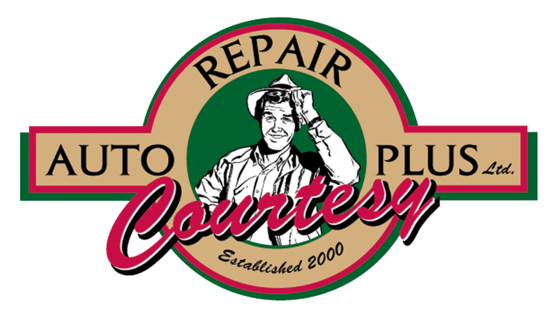Taking the Heat (Heater Hose Maintenance/Repair)
March 27, 2022
If you have an internal combustion vehicle, you know it has a lot of hoses that carry various fluids. And if you have a heater in your vehicle, you'll have heater hoses.
A heater hose connects to and from the engine so some coolant can be circulated through a little radiator called a heater core. In cold weather, that heater core acts as a heat exchanger to heat up your cabin.
Even in the hot weather, the heater hoses can prove problematic. That's because they may remain pressurized even though you're not running your heater. Heater hoses are made out of tough materials since they must handle heat and pressure. But even the durable rubber, plastic and metal they are made out of can crack or leak from years of use. That means coolant can be sprayed out into the engine compartment or leak onto a driveway or garage floor.
You may be able to see a puddle of coolant under your vehicle or perhaps smell the odor of the coolant under the hood. Some say it has a sweet smell. Another sign coolant may be leaking out of the heater hoses is your engine may be running hotter. You'll be able to tell by watching the heat gauge on your dash. Let's say your heat gauge usually points just slightly below halfway between the C and H (Cold and Hot) of the heat gauge. But now it is just slightly above. That's enough to tell you that the coolant temperature has gone up a little, a possible sign of trouble.
This is a good time to swing by your service facility and have them take a look. If they catch the leak when it's small, it's a relatively simple matter of draining the coolant, replacing the hoses and replacing the coolant. Sometimes, though, a heater hose can suddenly burst and a lot of coolant can leak out quickly. That can, in turn, cause your engine to start to overheat. In that case, you may see your vehicle's temperature gauge shoot up pretty quickly. Then it's best to pull over and have your car towed to a repair facility since driving with no coolant can cause severe engine damage.
Preventative maintenance is your best insurance against heater hose problems. A technician will periodically check for any signs of cracks or leaks. You should expect to replace a heater hose at least once during the time you own your vehicle.
Courtesy Auto Repair Plus
967 Bon Air Ave
Tiffin, Ohio 44883
419-443-0797
http://www.courtesyautorepairplus.com
More articles from Courtesy Auto Repair Plus

Lubricate Driveshaft
April 20, 2025
See if any of these are happening to your vehicle. You feel it vibrating excessively underneath when its running, or you hear strange clunking, grating, or grinding sounds coming from beneath. Maybe its hard to turn your vehicle, or you can hear squeaking when youre going slow. Perhaps you fee... More

Change is Good (Oil Change)
April 13, 2025
You've heard that expression, change is good. When it comes to your vehicle's oil, change is not only good, it's vital for the health of the engine. But there's one question that puzzles many drivers: how frequently should my vehicle's oil be changed? There is not one simple answer, but here ar... More

Fuel for Thought
April 6, 2025
If you're like most people and drive a gasoline-powered vehicle, you need to be up to speed on its fuel-related components. They're pretty basic: the fuel, the fuel filter and the fuel pump. The fuel's the easy part. You probably gas up your vehicle yourself and, if you're like most drivers, pr... More







